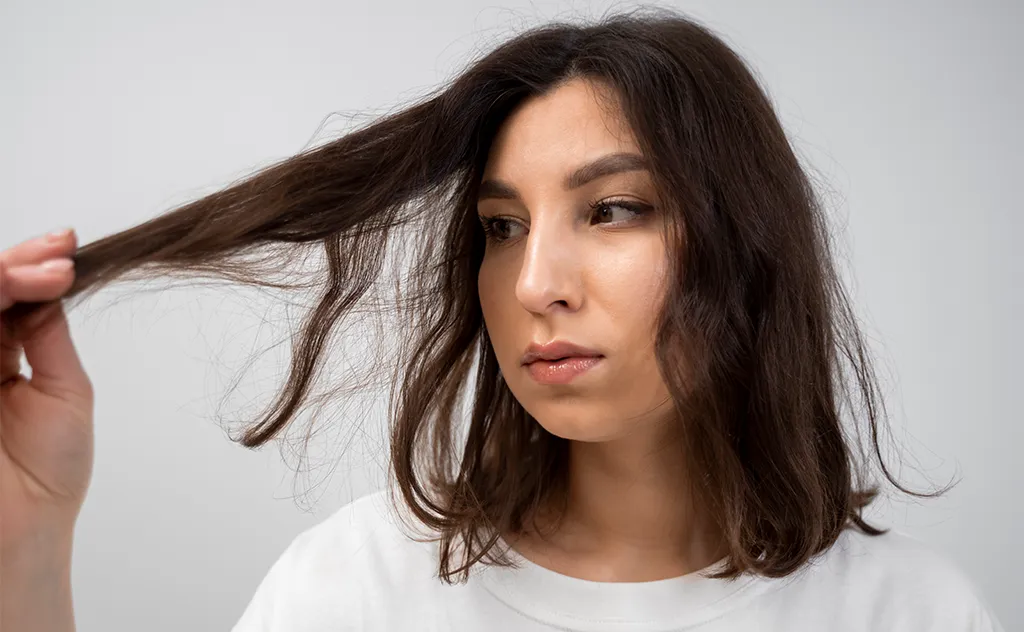Hair loss is a common problem affecting many people all over the world, affecting not only appearance, but also self-confidence.
This phenomenon can be caused by a variety of factors, including genetic predisposition, hormonal imbalances, stress, poor eating habits and general health problems. Hair does not just fall out due to age or genetic factors, very often there are times of increased hair loss due to environmental conditions or the psycho-emotional state one is in.
How can hair loss be stopped? From traditional medicine to holistic practices, we will examine a number of treatments that aim to stimulate hair growth and improve hair health.
From scalp massages to beneficial essential oils, we will provide practical tips for integrating daily habits that can make a difference. We will also explore more advanced options, such as laser therapies and medical treatments, for those seeking more specific and targeted solutions.
Regardless of the cause of hair loss, we will provide you with a comprehensive guide to understanding the problem, exploring natural solutions and evaluating more advanced treatments to regain healthy, strong hair.
-
Product on sale
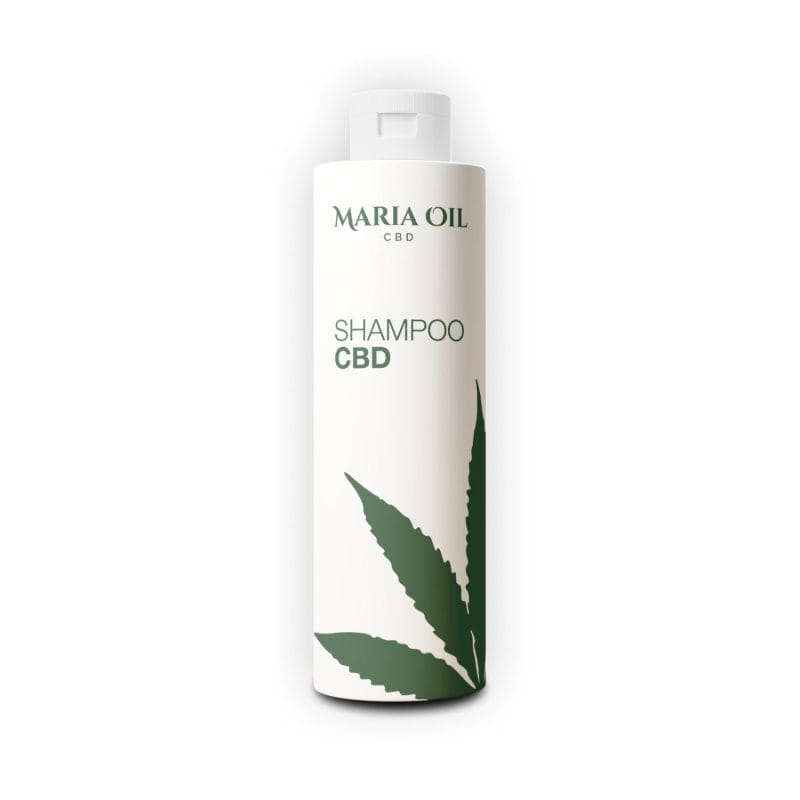 CBD ShampooOriginal price was: £16.99.£6.80Current price is: £6.80.
CBD ShampooOriginal price was: £16.99.£6.80Current price is: £6.80.
Causes of hair loss
Why does hair fall out? Identifying the triggering factor in one’s own case makes all the difference in the success of the chosen treatment. Hair loss is a complex phenomenon influenced by a number of specific factors which can vary between men and women.
Let us now find out what are the similarities and what are the differences in the causes of hair loss.
Men’s hair loss
What leads to hair loss in men? It can mainly be attributed to genetic, hormonal and lifestyle factors.
The most common cause is heredity, in particular the sensitivity of hair follicles to androgenic hormones. The condition known as androgenetic alopecia, or common baldness, is characterised by a progressive miniaturisation of the hair, which becomes thinner and shorter with time. Male hormones, such as testosterone, play a key role in this process.
Other causes of hair loss in men may include hormonal imbalances, such as an excess of dihydrotestosterone (DHT), which can damage hair follicles.
General health problems, stress and poor eating habits may also contribute to hair loss.
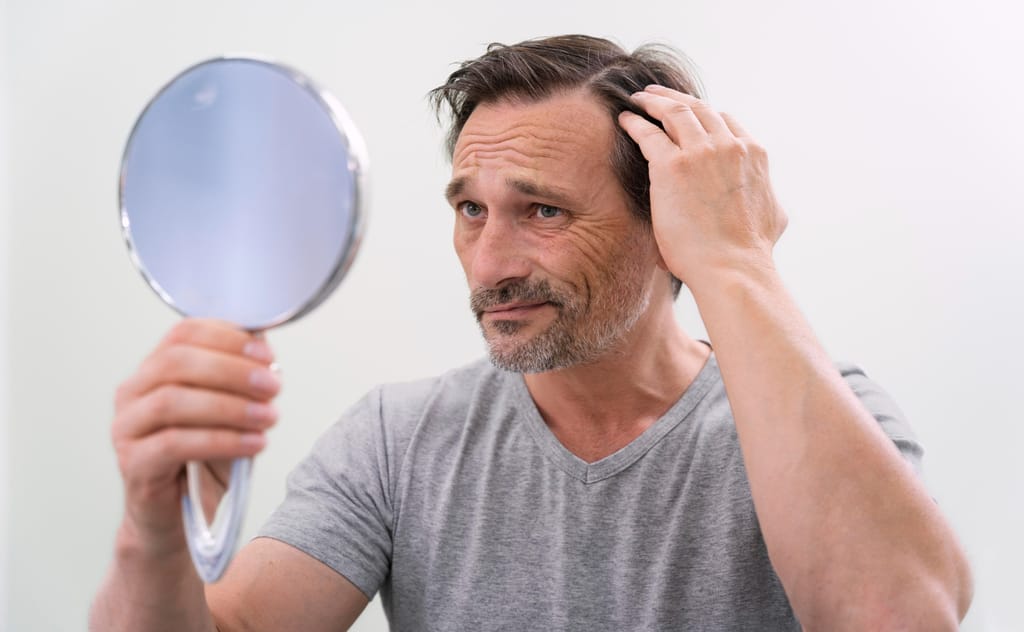
Women’s hair loss
But for a woman, when too much hair falls out, what does it mean? Hair loss in women can be caused by a wider range of factors.
One of the main reasons is genetic predisposition, although the manifestation of hair loss in women is often different from that in men. Female androgenetic alopecia can cause thinning hair in specific areas of the head.
Hormonal changes linked to pregnancy, childbirth, menopause or hormonal disorders such as polycystic ovary syndrome can also contribute to hair loss. Excessive production of androgenic hormones can adversely affect hair follicles.
Other causes include nutritional deficiencies, an unbalanced diet, emotional stress, autoimmune diseases and medical treatments such as chemotherapy.
The use of aggressive hair care products or excessive handling (tight styling, ironing, etc.) can also contribute to dry and brittle hair. This is why it is important to always choose natural products and non-invasive methods.
Products and treatments to combat hair loss
Combating hair loss requires a holistic approach involving a combination of products and targeted treatments. Everything you choose to care for your hair and your person in general must be chosen carefully and with a clear objective in mind: your health.
From the use of topical products to natural remedies, we will see below various options that can help strengthen your hair and stimulate its growth.
We will discover how the application of solutions based on specific ingredients can have positive effects on the scalp. At the same time, we will examine the effectiveness of holistic treatments, including scalp massages and essential oils, which promote blood circulation and nourish the follicles.
We will also explore the option of supplementing the diet with essential nutrients that support healthy hair.
Anti-hair loss treatments
There are several anti-hair loss treatments, each designed to address specific underlying causes of the problem. Among conventional treatments, drugs such as minoxidil are often recommended to stimulate hair growth. Applied directly to the scalp, minoxidil can increase blood flow to hair follicles, prolong the growth phase and strengthen existing hair.
Another approach is the use of shampoos or lotions containing ketoconazole, an antifungal that can improve scalp health and reduce inflammation, thus helping to prevent hair loss.
If you are looking for more advanced treatments for severe and intense hair loss, low-level laser therapy (LLLT) is an option that can stimulate hair follicles through light. More invasive treatments such as hair transplantation are available if you want long-term and permanent results.
In parallel, more and more people are embracing natural approaches such as the use of essential oils that can be incorporated into the hair care regime to promote growth and improve scalp health.
Scalp massages and stress management practices are also considered complementary treatments. As we mentioned earlier, hair loss should be managed holistically, i.e. not with a single solution but with several combined changes.
Obviously, the effectiveness of these treatments may vary from person to person. If you want a more accurate diagnosis, you can consult a specialist who will analyse your hair type and determine which treatment is most suitable in your particular case.
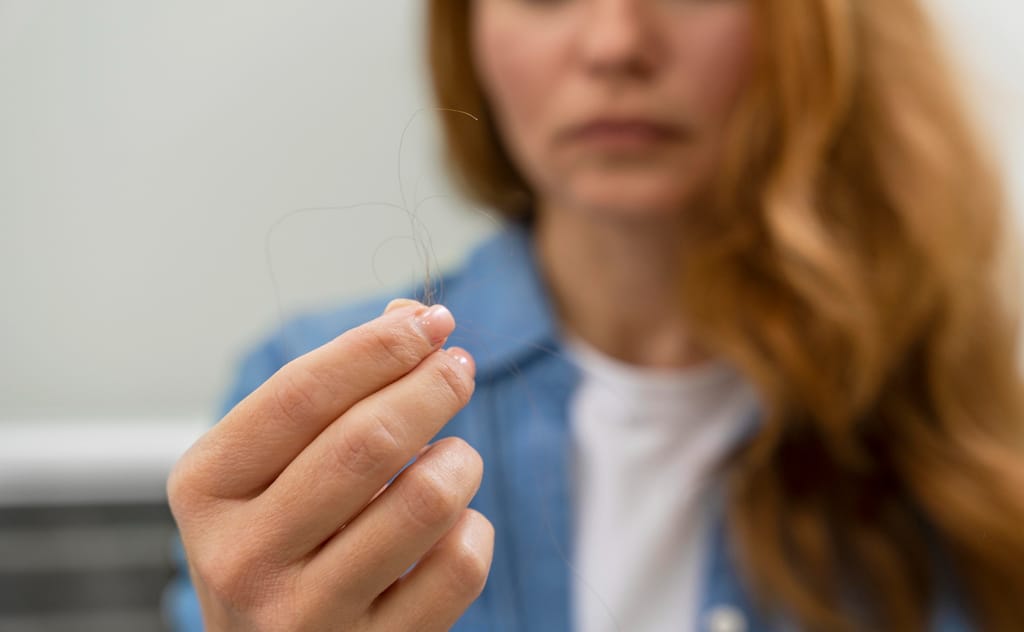
Natural products
Integrating natural products into your hair care routine can be a gentle and effective way to deal with hair loss.
Here are some types of natural products that can be included in your routine:
- Delicate shampoo: for washing, choose a shampoo with natural ingredients, such as aloe vera, green tea or peppermint essential oil, specially formulated to stop hair loss;
- Natural conditioner: herbal or with ingredients such as panthenol, can improve the shine and manageability of hair;
- Nourishing mask: with natural ingredients such as honey, eggs or yoghurt to plump the hair;
- Essential oils: indicated are rosemary oil, which stimulates blood circulation to the scalp and promotes hair growth, lavender oil, with anti-inflammatory properties, or CBD oil, also anti-inflammatory, but also soothing and nourishing.
At this stage we advise against buying cheap and aggressive industrial products, which are very often the most common cause of damaged hair. Instead, you can replace them with healing and nourishing natural products, and you may discover powerful active ingredients you never knew about.
-
Product on sale
 CBD ShampooOriginal price was: £16.99.£6.80Current price is: £6.80.
CBD ShampooOriginal price was: £16.99.£6.80Current price is: £6.80.
Natural remedies
The natural products we have seen so far are the ones you should adopt to clean your hair instead of the more chemical ones.
At this point, let us look at some ‘grandma’s’ remedies to further attempt to stop hair loss. These are tricks you can resort to when the problem is not too serious or is limited in time, such as if you are under stress from an event or rehearsal of some kind.
Here are some useful remedies:
- Scalp massage: stimulating the scalp through massage can improve blood circulation, thus promoting healthy follicles;
- Aloe vera: has soothing properties and you can apply it directly to the scalp to nourish it;
- Onion: onion juice contains sulphur, which can promote the production of collagen, important for hair growth. You can apply it to the scalp and leave it on for a short time before washing your hair;
- Chamomile: has anti-inflammatory and soothing properties, a rinse with chamomile tea can be helpful in soothing the scalp;
- Green tea: is rich in antioxidants that can help maintain a healthy scalp, you can use it as a rinse after shampooing;
- Annurca apple: is rich in antioxidants, vitamins and essential minerals, and is increasingly used in hair treatments;
- Linseed gel: linseed contains omega-3 fatty acids that can contribute to scalp health;
- Adequate nutrition: maintaining a balanced diet rich in nutrients, including iron, protein, vitamins and minerals, is essential for overall hair health.
Trivially, natural remedies can be changes in one’s lifestyle such as spending more time outdoors, exercising, reducing stress with meditation or a relaxing activity bring well-being to the body and, consequently, also to the hair.
Food supplements
What to do in case of excessive hair loss? Dietary supplements can be helpful in counteracting it, as they provide you in the right doses with those nutrients that you cannot fully supplement with your diet.
Below we list some supplements that have been associated with promoting healthy ha
- Biotin (vitamin B7): known to play a key role in healthy hair, skin and nails, can be taken in supplement form or through foods such as eggs, nuts and lean meats;
- Vitamin D: Vitamin D deficiency has been linked to hair loss, supplementing vitamin D can be beneficial, especially for those living in areas with little sun exposure, foods rich in vitamin D include oily fish, fortified milk and eggs;
- Iron: is recommended among the remedies for hair loss in women;
- Zinc: is involved in the growth and repair of tissues, including hair;
- Vitamin E: is an antioxidant that can help maintain a healthy scalp, foods such as nuts, seeds and green leafy vegetables are natural sources of vitamin E;
- Omega-3: omega-3 fatty acids, found in fish, flaxseed and fish oil, can also be taken as supplements;
- Collagen: is essential for hair structure.
Be aware that supplements alone may not solve the problem of hair loss and should be part of a broader approach including a balanced diet and other hair care strategies already mentioned.
-
Product on sale
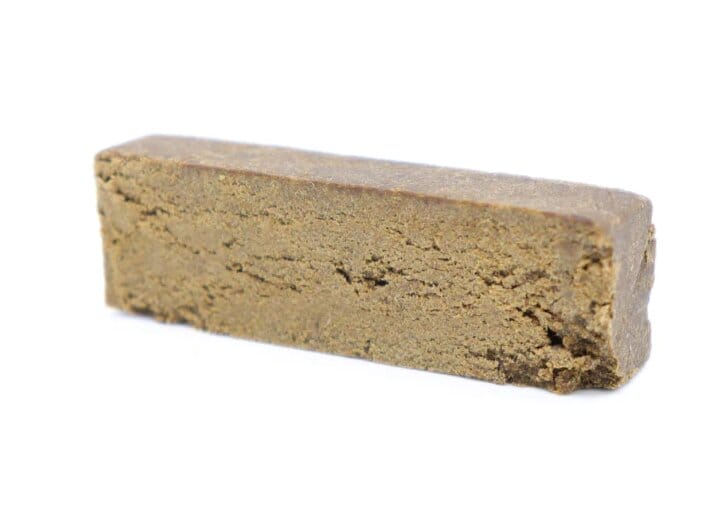 00Price range: £5.95 through £174.30From 1,74 €/gr
00Price range: £5.95 through £174.30From 1,74 €/gr -
Product on sale
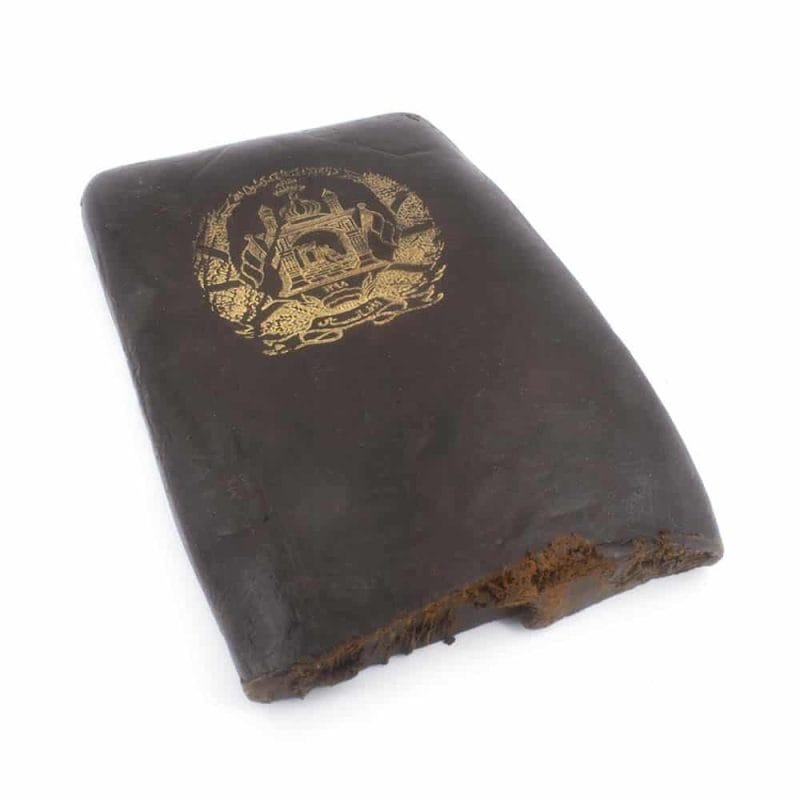 AfghanPrice range: £7.00 through £349.30From 3,49 €/gr
AfghanPrice range: £7.00 through £349.30From 3,49 €/gr -
Product on sale
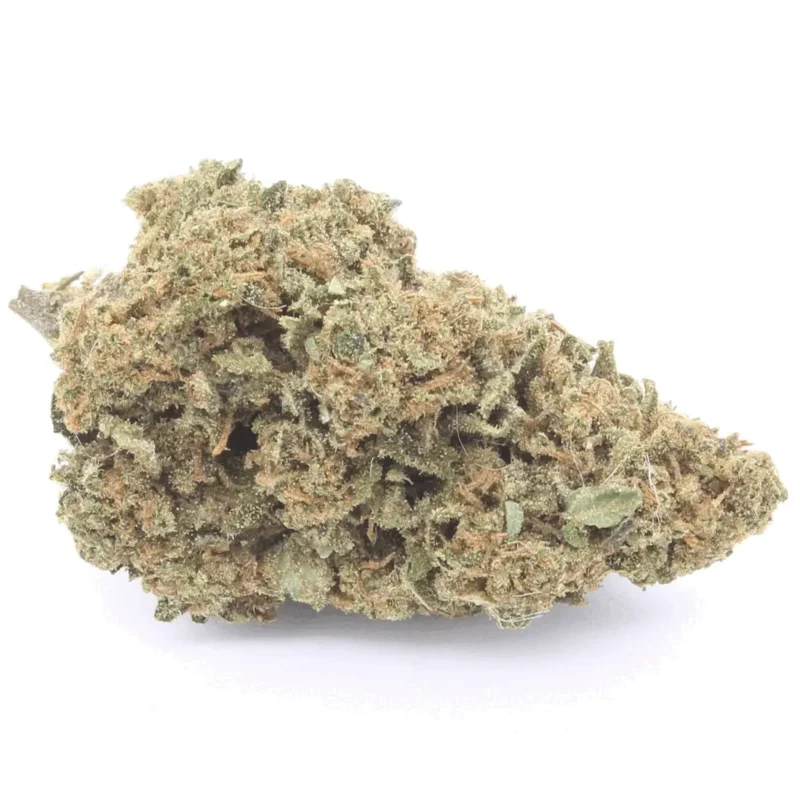 Ak47Price range: £2.45 through £189.00From 0,62 €/gr
Ak47Price range: £2.45 through £189.00From 0,62 €/gr -
Product on sale
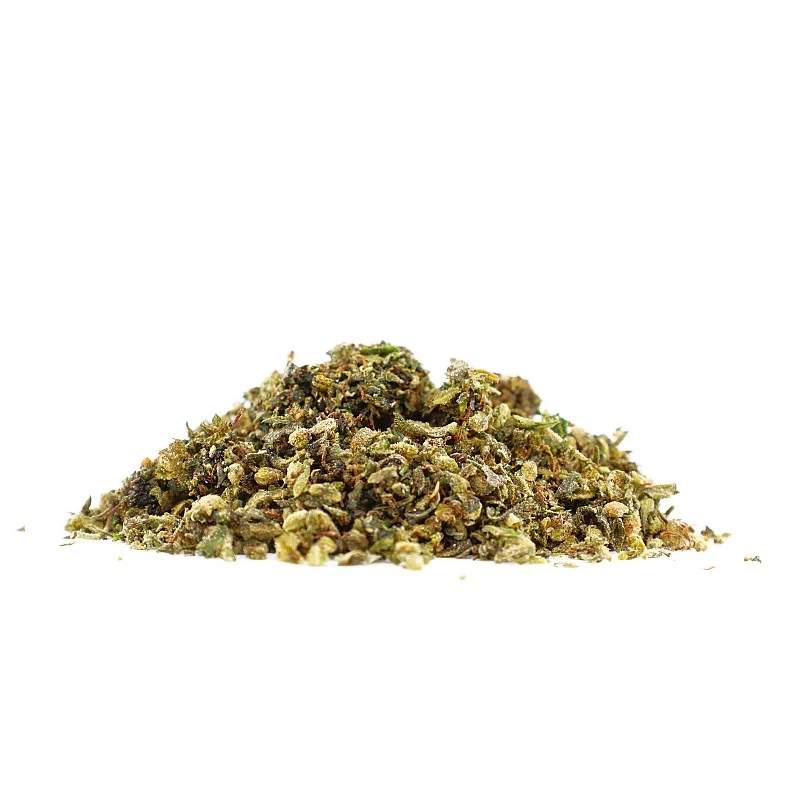 Amnesia – CBD Cannabis TrimPrice range: £6.30 through £30.10From 0,30 €/gr
Amnesia – CBD Cannabis TrimPrice range: £6.30 through £30.10From 0,30 €/gr -
Product on sale
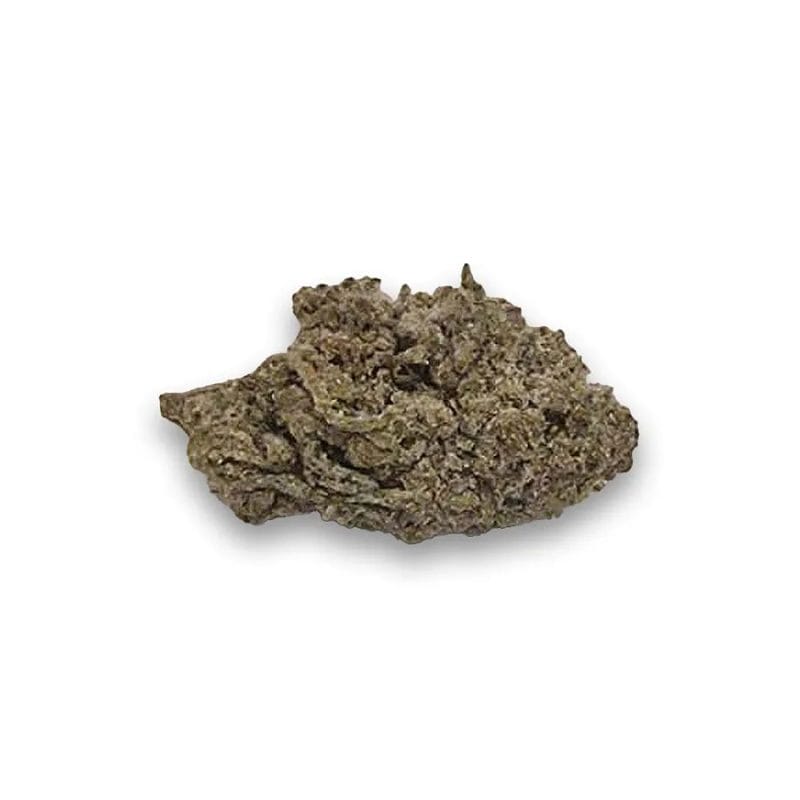 Amnesia CBD BoostPrice range: £5.60 through £245.00From 2,45 €/gr
Amnesia CBD BoostPrice range: £5.60 through £245.00From 2,45 €/gr -
Product on sale
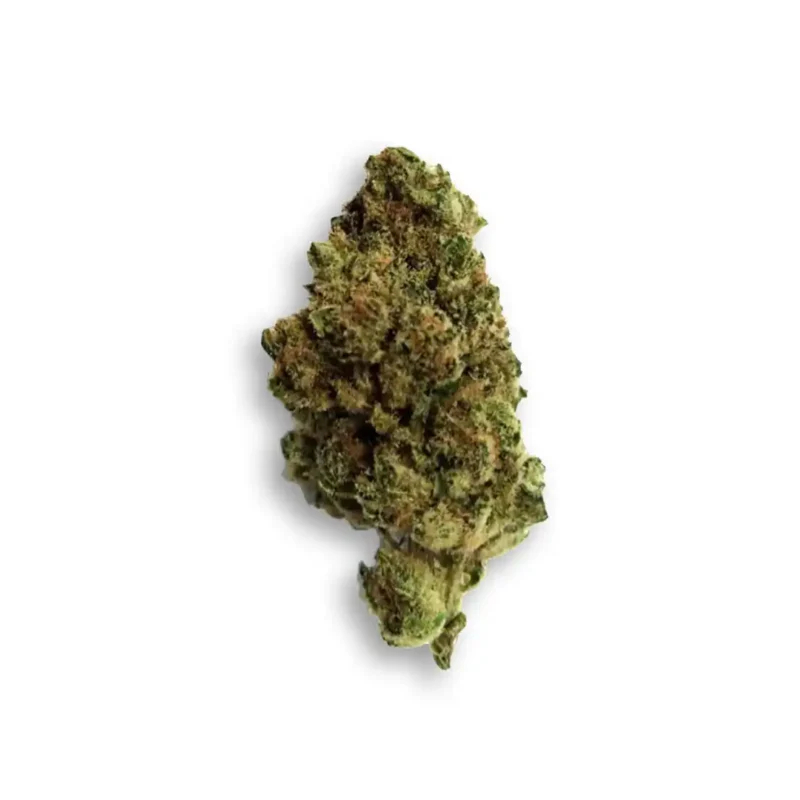 Amnesia HazePrice range: £2.45 through £245.00From 0,62 €/gr
Amnesia HazePrice range: £2.45 through £245.00From 0,62 €/gr -
Product on sale
 Amnesia Haze – GreenhousePrice range: £2.45 through £245.00From 0,62 €/gr
Amnesia Haze – GreenhousePrice range: £2.45 through £245.00From 0,62 €/gr -
Product on sale
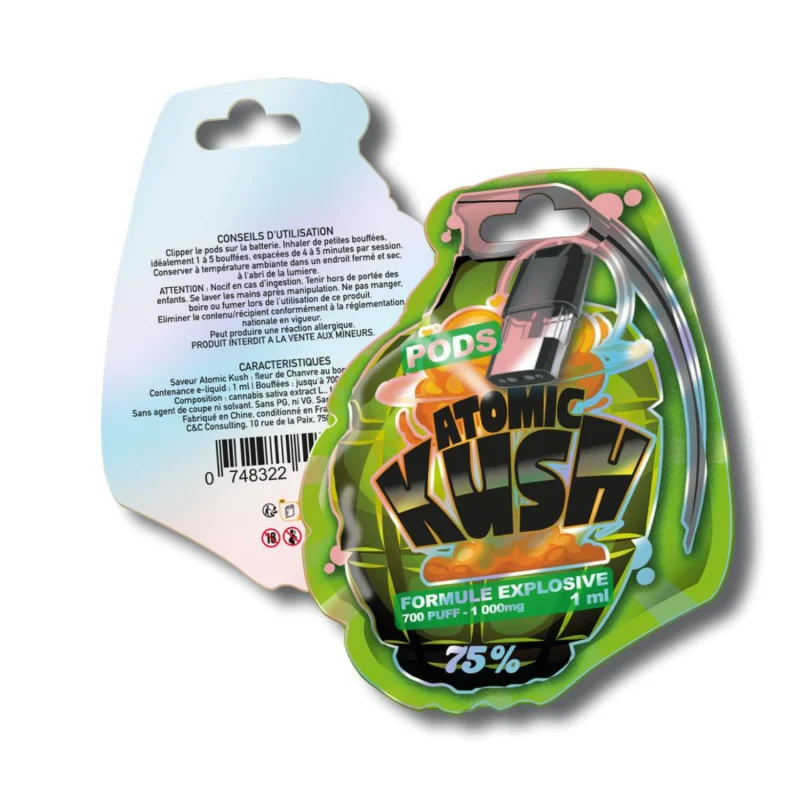 Atomic Kush Pod | CBD VapesOriginal price was: £14.00.£9.80Current price is: £9.80.
Atomic Kush Pod | CBD VapesOriginal price was: £14.00.£9.80Current price is: £9.80. -
Product on sale
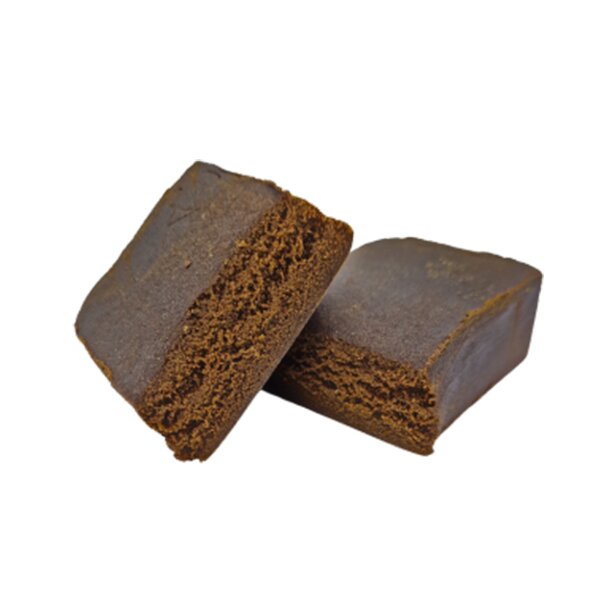 Banana BerryPrice range: £6.30 through £244.30From 2,44 €/gr
Banana BerryPrice range: £6.30 through £244.30From 2,44 €/gr -
 Banana Smoothie | CBD Vape Pen£19.00
Banana Smoothie | CBD Vape Pen£19.00 -
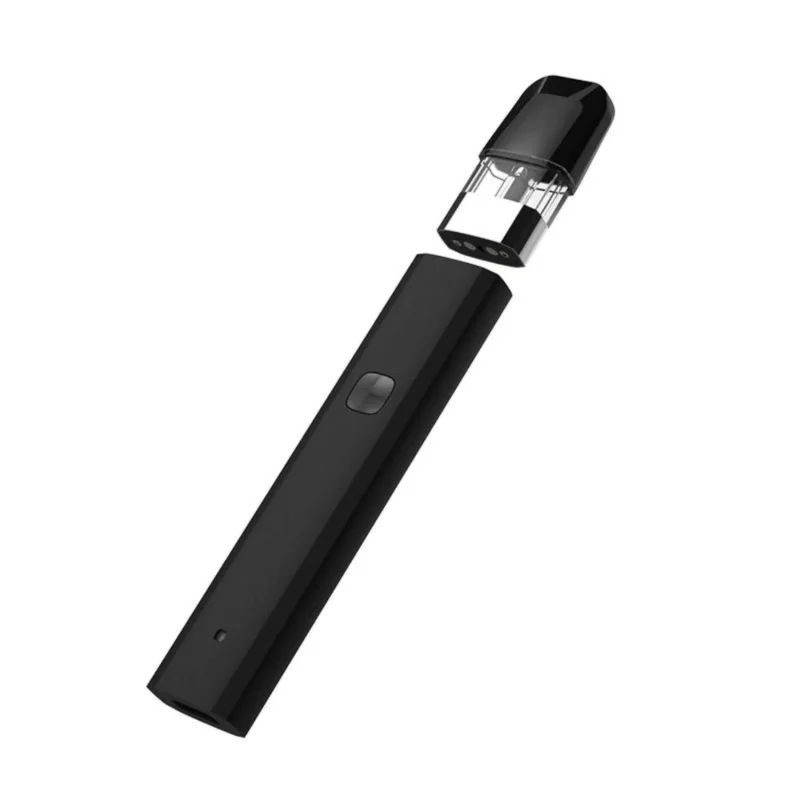 Battery 1 ml POD£29.00
Battery 1 ml POD£29.00 -
Product on sale
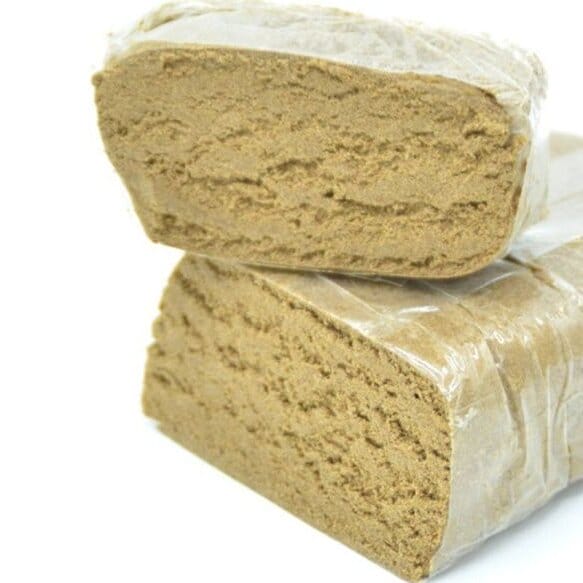 BeldiaPrice range: £7.00 through £350.00From 3,50 €/gr
BeldiaPrice range: £7.00 through £350.00From 3,50 €/gr
Can hair loss be prevented or stopped?
In addition to all the advice we have given you so far, such as a balanced diet, stress management, the use of natural products, small remedies to apply daily and supplements, there is another product you can consider.
Methylsulphonylmethane, abbreviated as MSM, is an organic sulphur-containing compound that is increasingly recommended to prevent and stop hair loss. MSM is naturally present in some foods, such as fruit, vegetables, meat and fish, and is also available as a dietary supplement.
MSM’s main role in hair health is attributed to its supply of sulphur. As we said, sulphur is a crucial element present in the structure of hair, skin and nails. It contributes to the formation of disulphide bonds between keratin proteins, which are crucial for hair strength and integrity.
The answer to the question is therefore Yes, with a holistic approach covering different aspects of your life you can both treat an existing hair loss and prevent a future one.
When should a specialist be consulted?
You should consult a hair loss specialist when the following situations occur:
- Significant and sudden hair loss: this may be a sign of an underlying problem requiring professional attention;
- Persistent hair loss: if hair loss persists for a prolonged period without improvement;
- Diffuse hair loss over the whole scalp: may be indicative of conditions such as alopecia areata or other health problems;
- Change in hair or scalp structure: if you notice significant changes in hair structure, such as thinner hair or a change in the scalp, a specialist may perform a thorough examination;
- Family history of baldness: if you have a family history of baldness;
- Presence of other symptoms: such as changes in the skin, nails or systemic symptoms;
- Emotional stress situations: if hair loss is associated with emotional stress situations, you should resolve the underlying causes together with an expert.
The best specialist for treating hair loss is a dermatologist or trichologist, who is a doctor specialising in the diagnosis and treatment of scalp and hair disorders.
How to care for your hair with a healthy lifestyle
Taking care of your hair is an important part of a healthy lifestyle. We summarise 10 good habits for the health of your hair and beyond:
- Balanced diet: make sure you eat a balanced diet rich in all the nutrients listed above;
- Hydration: drinking enough water is essential to keep both your body and hair hydrated as water helps maintain hair structure and elasticity;
- Scalp care: keep your scalp clean by washing your hair regularly with a mild shampoo, use products that are suitable for your hair type and try not to over-shampoo to avoid removing natural oils;
- Conditioner and masks: use a good conditioner or conditioning treatment to moisturise your hair and make it more manageable, you can also consider using moisturising hair masks once or twice a week;
- Avoid excessive heat: limit the use of thermal tools such as hairdryers, straighteners and curling irons;
- Regular cutting: help eliminate split ends and maintain the shape and overall health of your hair;
- Sun protection: protect your hair from sun damage by using hats or headscarves;
- Avoid excessive smoking: smoking can negatively affect the health of your hair, contributing to loss of shine and dryness;
- Exercise: helps improve blood circulation, which carries oxygen and nutrients to the hair;
- Choice of products: make sure the products are suitable for your hair type and do not contain harmful ingredients but only natural nutrients.
By following these tips, you can help keep your hair healthy and beautiful in the long term.
 Contact us
Contact us 





